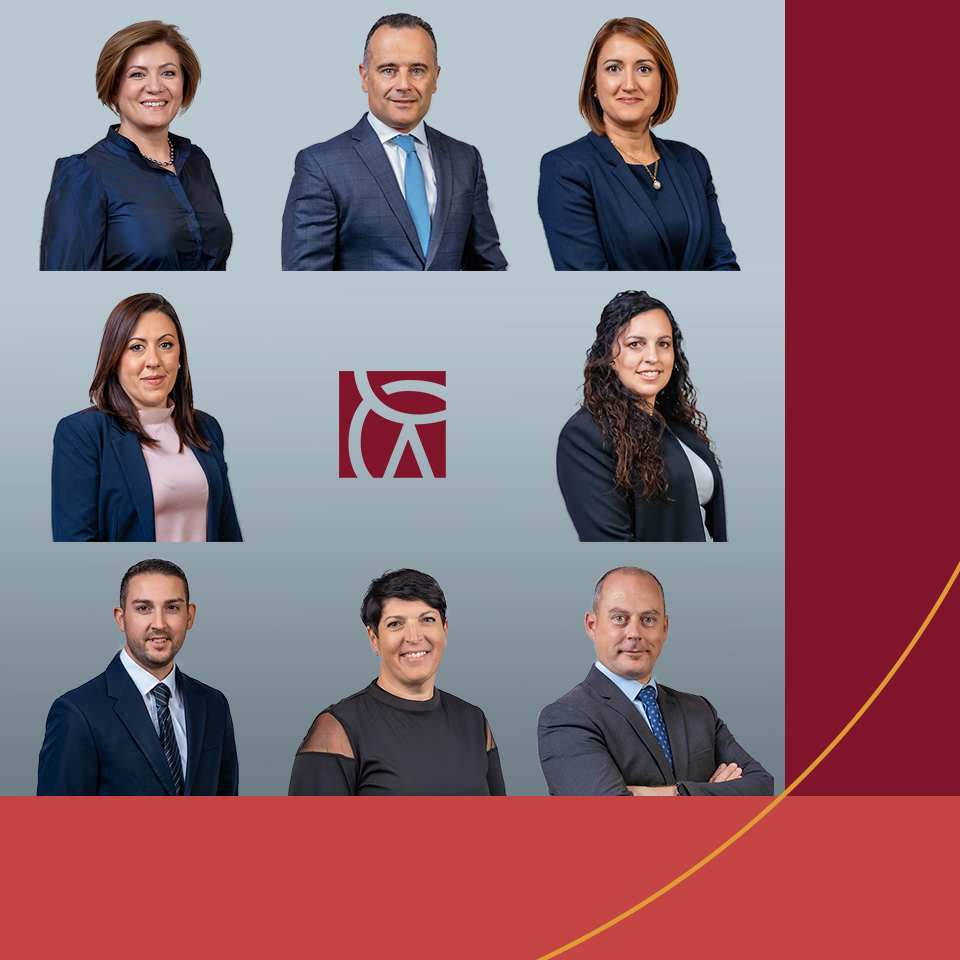Malta, Gozo and Comino, the inhabited islands of the Maltese archipelago, lie at the geographical heart of the Mediterranean Sea. Malta presents an optimum setting for various international elements to unite in a multicultural setting. With Sicily merely 60 miles to the North, Tripoli 220 miles to the South and Tunis 200 miles to the West, Malta is virtually at the crossroads of two major continents.
The official languages are Maltese and English; Maltese itself is a language of Semitic origin, although it bears traces of the influence of centuries of successive foreign invaders. Most Maltese have a good command of Italian while French and German are also widely spoken. Most business correspondence is in English, which makes Malta an attractive place to conduct business. The archipelago enjoys a warm Mediterranean climate with mild winters and hot, dry summers.
Since 2004 Malta is a full member of the European Union and has successfully adopted the region’s common currency in 2008, increasing the country’s attractiveness for trade as a result of joint monetary policies.
Malta – A Prime Financial Services Centre
The development of Malta as the jurisdiction of choice for companies operating in the financial services industry has been greatly aided by the efforts of the local financial services authority, the MFSA, which adopts a prudent but flexible approach, providing a solid regulatory framework whilst encouraging progress and innovation.
Malta ‘s reputation in the funds industry is steadily increasing. The types of schemes available include Professional Investor Funds (PIFs), Private Schemes, Specialist Schemes and Retail Funds. Investment services operators are also taking advantage of the Law, which is in line with the relevant EU directives, because it provides a great opportunity to operate in the financial services sector within Europe. A Licensed Maltese Investment Services Company holds a passport to operate in any country of the European Union.
Company Law Rules Overview
Types
Limited liability company, private/public company, private exempt/non-exempt company.
Standard issued share capital
EUR1,250 (approx. USD1500)
(in any foreign currency)
Minimum paid up share capital on incorporation:
20% (EUR250 - approx. USD300)*
]Minimum number of Shareholders required:
One shareholder (if the company director is a natural person) or
Two shareholders (if the director is corporate).
Nominee shareholders permitted:
Yes, by fiduciaries authorised by the MFSA.
Minimum number of directors:
One. In certain cases, director may also act as company secretary.
Local directors required:
No.
Corporate directors permitted:
Yes, resident directorship services provided
Local company secretary required:
Any nationality, company secretarial services provided
Objects/Powers
Limited to those specified in the Memorandum – must be stated.
Local meeting required:
No
Meetings:
At least one General Meeting each year, in addition to any other company meetings.
Local Registered office required:
Yes. We offer registered office services to Malta Companies.
Exchange Control:
No exchange control regulations - may conduct business in any currency
Average timeframe to set up a new company:
24-48 hours (depending on availability and adequacy of documentation/information provided)
Company Taxes
Malta companies for international business
A Maltese company can trade and provide services/consultancy/intermediation internationally throughout Europe (having a Maltese/EU VAT registration) as well as outside the EU, enjoying a net 5% effective tax rate after refunds to shareholders. Maltese companies are not low tax companies (the corporate tax rate is 35%) as the (confidential) refunds are payable to the shareholders. They are excellent vehicles for royalty routing, treasury operations, e-gaming and e-commerce operations.
Malta holding companies:
A Malta holding company can provide a holding company providing asset protection for business assets of any form (real estate anywhere, fixed assets, investments, securities, bank accounts, intellectual property, etc ) but also personal assets including any luxury items, depending on the shareholders involved.
Maltese holding companies enjoy low effective tax rates on world-wide profits as follows:
- 0% on dividends received from a participating holding, that is:
- where it holds at least 10% of the equity in a subsidiary; or
- where it holds an investment in a subsidiary of at least € 1.5 million and holds that investment for more than 183 days)
- 0% on capital gains on the disposal of a participating holding
- 5% on dividends from non-participating holdings
- 10% on passive income (interest, royalties etc)
Shipping
Registration of ships and yachts under the Maltese flag offers several advantages:
• low company formation and ship registration costs;
• no restrictions on the nationality of the ship owner;
• complete tax exemption for private yachts and ships over 1000 Gross Tons;
• effective tax rate of 5% and VAT exemption for chartering of commercial yachts;
• no restrictions on the nationality of the master, officers and crew;
• no restrictions or taxation on the sale or transfer of shares of a company owning Maltese registered ships;
• no restrictions or taxation on the sale and mortgaging of Maltese registered ships;
• no trading restrictions and preferential treatment to Maltese ships in certain ports;
• Any vessel can be registered under the Maltese flag provided it is owned by a Maltese registered company or by a person habitually resident in Malta.
EU Yacht Registration
A yacht may be registered under the flag of Malta either by appointing a resident agent in Malta or else by incorporation of a Malta Shipping Company and the latter company shall own the yacht. Apart from the above, the Malta VAT department has issued guidelines which provide for the possibility of yacht owners who wish to import their yachts into the EU to pay a reduced rate of VAT as low as 5.4%.
e-Gaming
Different jurisdictions have, since time immemorial, treated gaming in diverse ways. With the advent of internet gaming, the situation has become more complex and increased regulation was deemed necessary.
Malta has reacted to this phenomenon in a prudent yet pragmatic manner: it provided a legal framework for gaming operators, whilst at the same time never foregoing high levels of player protection. This has produced a foremost gaming jurisdiction associated with professionalism, regulation and trust.
Four classes of licenses
Class 1 – operators managing their own risk on repetitive games (casino-type games, skill games and online lotteries)
Class 2 – operators managing their own risk on events based on a matchbook (fixed odds
betting, pool betting and spread betting)
Class 3 - operators promoting and abet gaming from Malta & taking a commission from
promoting and/or abetting games (P2P, poker networks, betting exchange and game portals)
Class 4 – operators hosting and managing online remote gaming operators, excluding the licensee himself (software vendors developing platforms from which gaming operators can operate).
The license is valid for a period of 5 years and may be renewed for further periods of 5 years.
Trusts
The setting up of trusts in Malta is regulated by the Trusts and Trustees Act. The Act provides for the creation of trusts and for the authorisation and supervision of trustees. Trusts can opt to be treated as companies for tax purposes and there is also the possibility of applying the transparency rule.
Foundations
Under Maltese law, a foundation may be set up by natural or legal persons, whether Maltese residents or not and irrespective of their domicile. There are mainly two types of foundations recognised by the law being:
A public foundation may be set up for a purpose, as long as it is a lawful purpose.
A private foundation is a fund endowed for the benefit of one or more persons or of a class of persons (the beneficiaries) which become autonomous and acquires the status of a legal person when it is formed in the manner prescribed by law.
Foundations may be set up either during a person's lifetime or by will on that person's death.

























